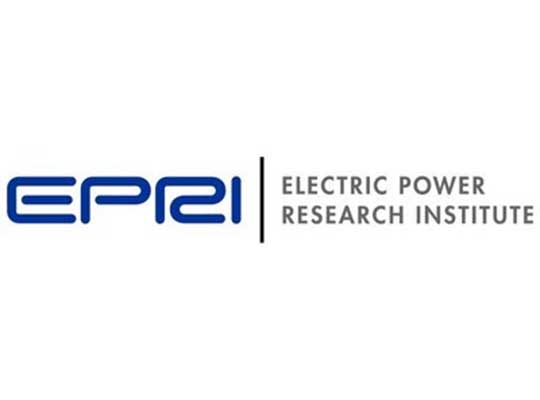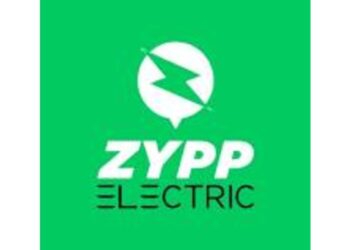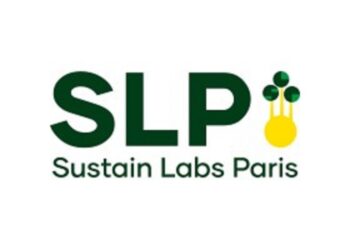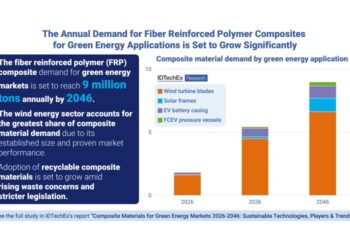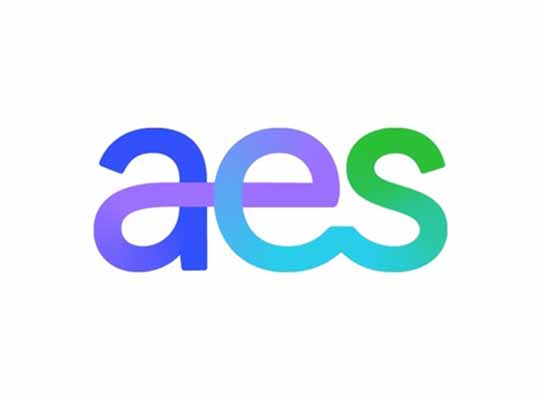PALO ALTO, Calif. — Just in time for winter, the Electric Power Research Institute (EPRI) has been awarded a three-year Department of Energy (DOE) grant to develop a new, energy efficient hybrid heat pump system for residential and commercial buildings in coordination with Oak Ridge National Laboratory (ORNL). If implemented throughout the country, the hybrid heat pump system could reduce U.S. carbon emissions by 65 million metric tons by 2040, the equivalent of eliminating all of California’s carbon emissions caused by cars.
Conventional heat pumps offer energy-efficient heating solutions for commercial and residential buildings, but can struggle to perform during extreme weather events. EPRI’s research aims to design a new heat pump—combining thermoelectric heat with more conventional air-source heat—to operate in temperatures below 35°F, while still providing an efficient and reliable heating system. It will be developed and tested to perform in various climates throughout the country.
“Advanced heat pumps are a potentially transformative tool to evolve energy efficiency and reduce carbon emissions,” said David Porter, senior director of Electrification and Sustainable Energy Strategy at EPRI. “As the electric industry transitions to a clean energy future, heat pumps are expected to play a key role in decarbonizing the building industry.”
“We look forward to continuing our long-standing partnership with EPRI. Working together, we will develop a new a heat pump system that both organizations anticipate will be a primary enabler or contributor to decarbonize buildings,” said ORNL’s Joe Hagerman, section head for building technologies research. “ORNL is well suited to tackle the challenge of reducing carbon emissions with our research expertise and our deep bench strength of scientists to enable multifunctional building equipment and to leverage our national user facility capabilities.”
Developed through DOE’s Building Efficiency Frontiers and Innovation Technologies (BENEFIT) program, the project aims to maintain current heating standards and building comfort, while reducing energy consumption in residential and small commercial buildings by 10 percent.


